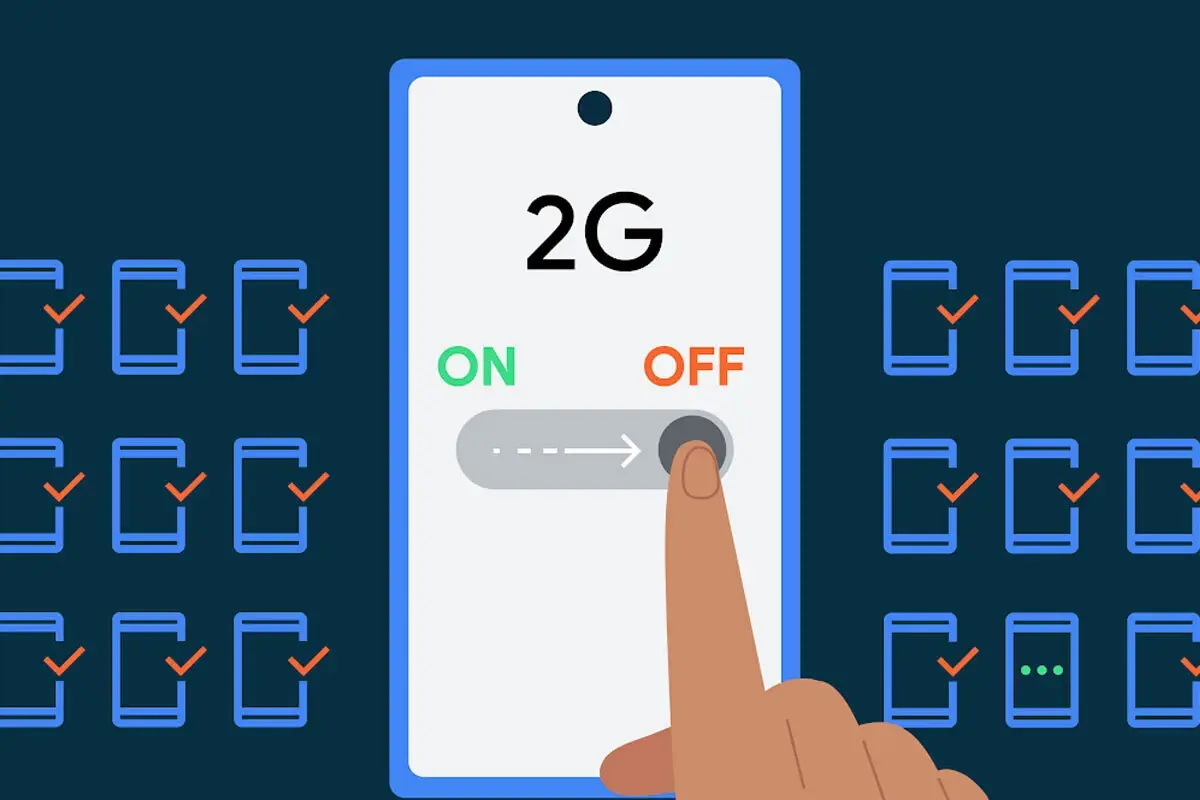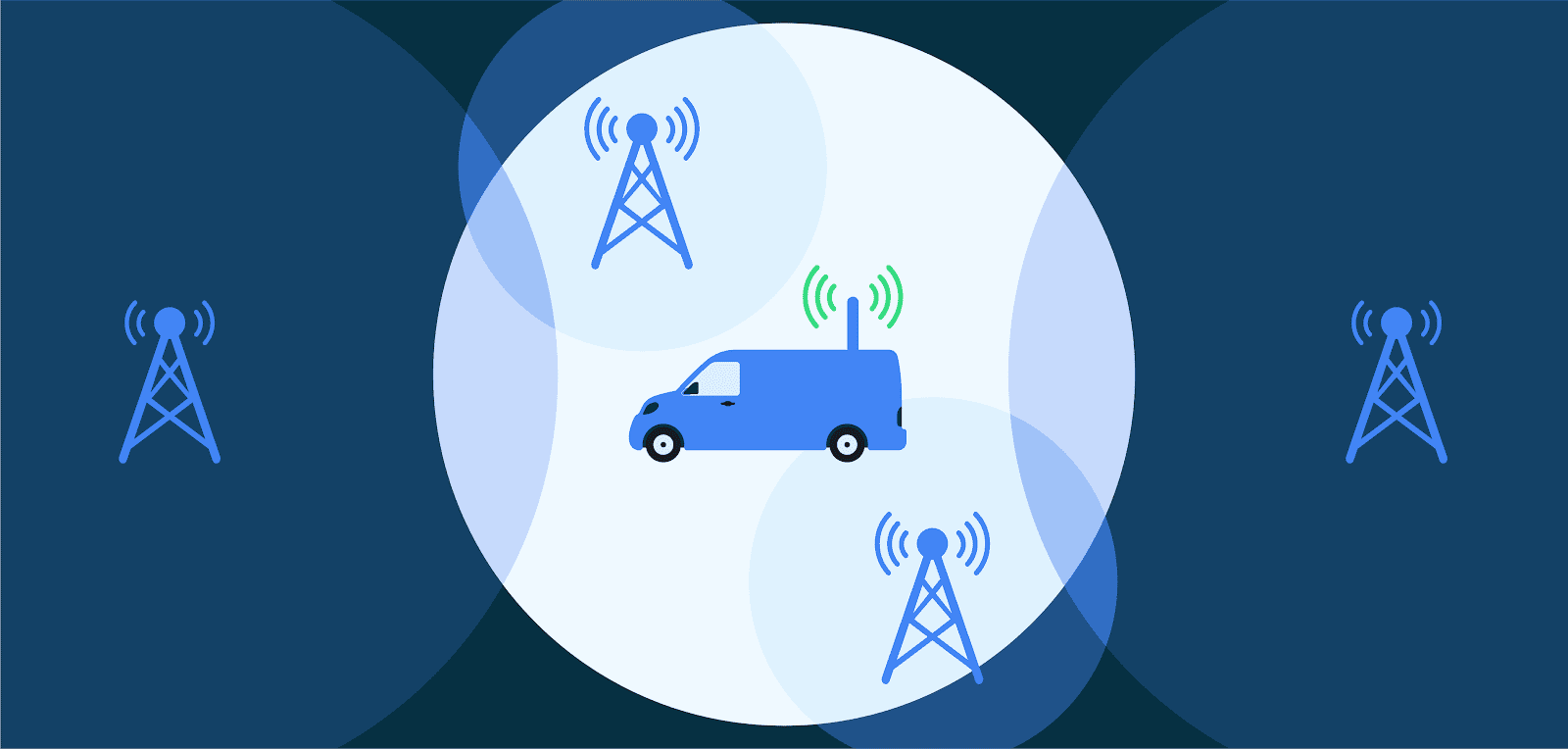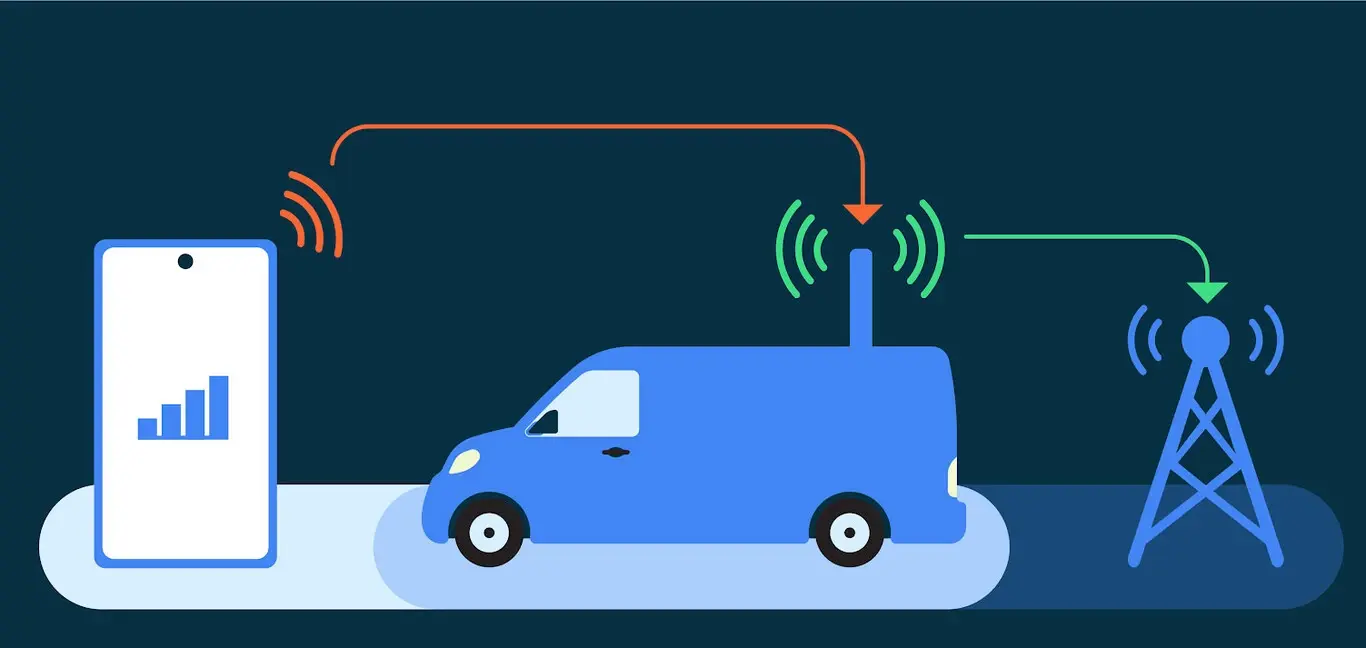The upcoming release of Android 14 is set to be a major step forward in mobile security. Google has announced a number of new features that will make it more difficult for attackers to intercept and decrypt your communications.
Android 14: A major step forward in mobile security

One of the most significant changes is the ability to disable 2G connectivity. 2G is a very old and insecure cellular network that is still supported by many devices. However, it is also very easy for attackers to spoof 2G towers and intercept traffic. By disabling 2G connectivity, you can significantly reduce your risk of being attacked.
Another new security feature in Android 14 is the ability to require encryption for all cellular connections. This means that your voice and SMS traffic will always be encrypted, even if the network you are connected to does not support encryption. This will make it much more difficult for attackers to intercept your communications.
In addition to these two major security features, Android 14 also includes a number of other security improvements. For example, there are new protections against malware that tries to steal your passwords or other sensitive data. There are also new features that make it easier for you to control how your data is in use by apps.
Overall, Android 14 is a major step forward in mobile security. If you are looking for a secure smartphone, then you should definitely consider upgrading to Android 14 when it becomes available.
Here is a more detailed look at the new security features in Android 14:

Gizchina News of the week
- Disable 2G connectivity: As mentioned above, 2G is a very old and insecure cellular network. By turning off 2G connectivity, you can significantly reduce your risk of attacks. This feature is available in Android 12 and later, but it will be more widely available with Android 14.
- Require encryption for all cellular connections: This feature will ensure that your voice and SMS traffic are always encrypted, even if the network you are connected to does not support encryption. This will make it much more difficult for attackers to intercept your communications.
- New protections against malware: Android 14 includes a number of new protections against malware that tries to steal your passwords or other sensitive data. For example, there is a new feature called “Protected Apps” that allows you to designate certain apps as being more secure than others. This will make it more difficult for malware to access these apps and steal your data.
- New features for controlling app permissions: Android 14 gives you more control over how your data is in use by apps. For example, you can now grant apps access to your location data only when they are in use. This will help to protect your privacy.
These are just a few of the new security features that are coming to Android 14. If you are looking for a secure smartphone, then you should definitely consider upgrading to Android 14 when it launches.
How to stay safe on Android

In addition to the new security features in Android 14, there are a number of other things you can do to stay safe on your Android device. Here are a few tips:
- Use a strong password and enable two factor authentication for all of your online accounts.
- Be careful about what apps you install. Only install apps from trusted sources.
- Keep your Android device up to date with the latest security patches.
- Be careful about what information you share online. Don’t share your personal information with people you don’t know.
- Use a VPN when you are using public Wi-Fi networks.
By following these tips, you can help to protect your Android device from attack.




